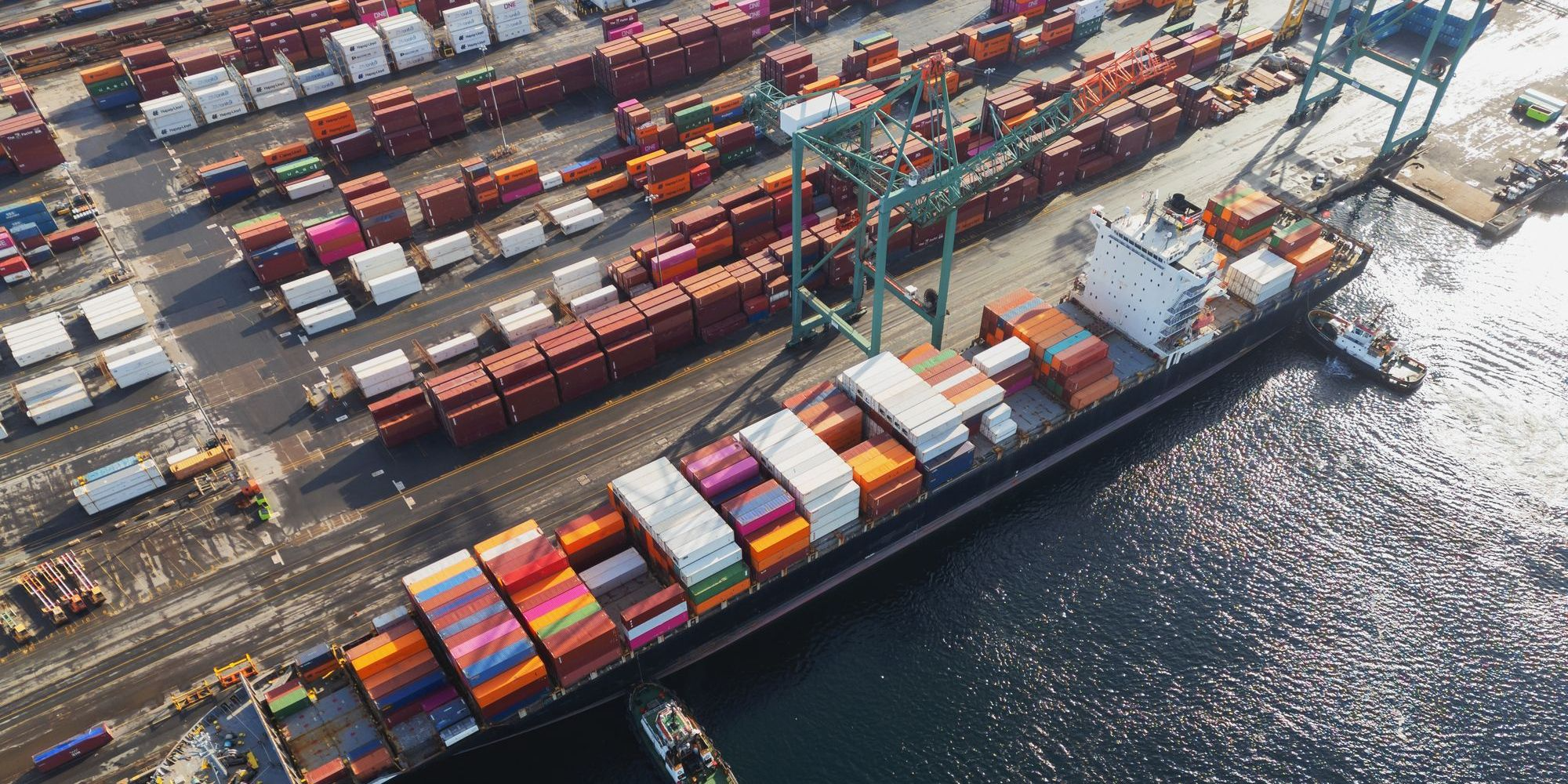Understanding Tariffs and How They Affect Your Budget

April 30, 2025
Recent geopolitical tension and ongoing shifts in global economic policy have likely brought the concept of "tariffs" to your attention. But what exactly is a tariff, and why should you care about it when planning your monthly budget or shopping for items like insurance?
What is a tariff?
A tariff 1 is a tax placed on imported goods. It's determined by the country of origin and the type of item being imported. The company doing the importing, often the manufacturer or seller, is responsible for paying the tariff but they rarely absorb that cost themselves. Instead, they typically pass it on to consumers in the form of higher prices. Take a smartphone, for example. If Apple imports its phones into the U.S. from overseas, any tariff on those goods is baked into the retail price you see on the shelf.
Why are tariffs used? 2
Tariffs aren’t always about raising prices. Sometimes, they’re used to protect important domestic industries. For example, if a country wants to encourage local production of semiconductors or support its national defense sector, it might impose tariffs on foreign alternatives. This helps give domestic companies a fighting chance in a competitive global market.
Tariffs also serve as tools in international negotiations. If one country disagrees with another’s policies, imposing tariffs can apply pressure without direct confrontation. For instance, a country might increase tariffs on an imported item that is synonymous with, or exclusive to, that country, such as champagne from France, as a signal of disapproval, hoping the other country changes course.
When do tariffs backfire?
Tariffs don’t always work as intended. Broad tariffs that apply across many products or countries can raise prices across the board, especially when there are no affordable domestic or alternative sources. In those cases, the end result is simply higher costs for businesses and consumers alike. Tariffs tend to be most effective when they target specific goods or industries from specific countries.
While tariffs can be an option to generate revenue for the federal government, they would need to be an alternative to an already existing tax to avoid simply raising costs and being a drain on consumers’ budgets. Without it being an alternative and instead just additive, you can think if it as a “national sales tax” that will be incorporated into the cost of most goods that is in addition to the state sales tax that most states also currently charge.
How tariffs affect your budget
The reality is, many of the products you buy—directly or indirectly—rely on global supply chains. Even items that are manufactured domestically often include imported components. A 10% tariff on imports can lead to noticeable increases in everyday costs.
Take your phone or computer. Many of its components are made overseas. If tariffs raise the cost of those parts, the overall price of the finished product will likely go up. For a $1,500 phone, that could mean an additional $150 or more. Groceries, too, can be affected. The wheat in your crackers or the produce in your fridge may have been grown elsewhere. Even small cost increases can add up over time.
And yes, insurance could be affected too. As vehicles and homes become more expensive due to rising costs for imported materials and parts, insurance premiums may follow. For cars, third-party replacement parts, many of which come from China, may become more expensive or harder to source. That leads to pricier repairs, and in turn, higher premiums. Similarly, homes built or repaired with imported materials could see insurance costs rise. It’s another reason to compare policies each year to make sure you're not overpaying.
What can you do to minimize the impact?
Pay attention to where the goods you buy come from. In some cases, local or domestic options might become more affordable than imports that are subject to tariffs. But this varies depending on the product and ongoing trade agreements, so keeping an eye on price trends can help you adjust your spending accordingly. And when it comes to big-ticket items like insurance, don’t assume your current provider still offers the best deal. Shopping around once a year can help you stay ahead of rising costs.
To learn more about how tariffs could impact your wallet, check out the recent episode of Wellbeing and Your Wallet from Affinity Federal Credit Union.
This information is for informational purposes only, is intended to provide general guidance, and does not constitute legal, tax, or financial advice. Each person's circumstances differ and may not apply to the specific information provided. You should seek the advice of a financial professional, tax consultant, and legal counsel to discuss your particular needs before making any financial or other commitments regarding the matters related to your condition.


